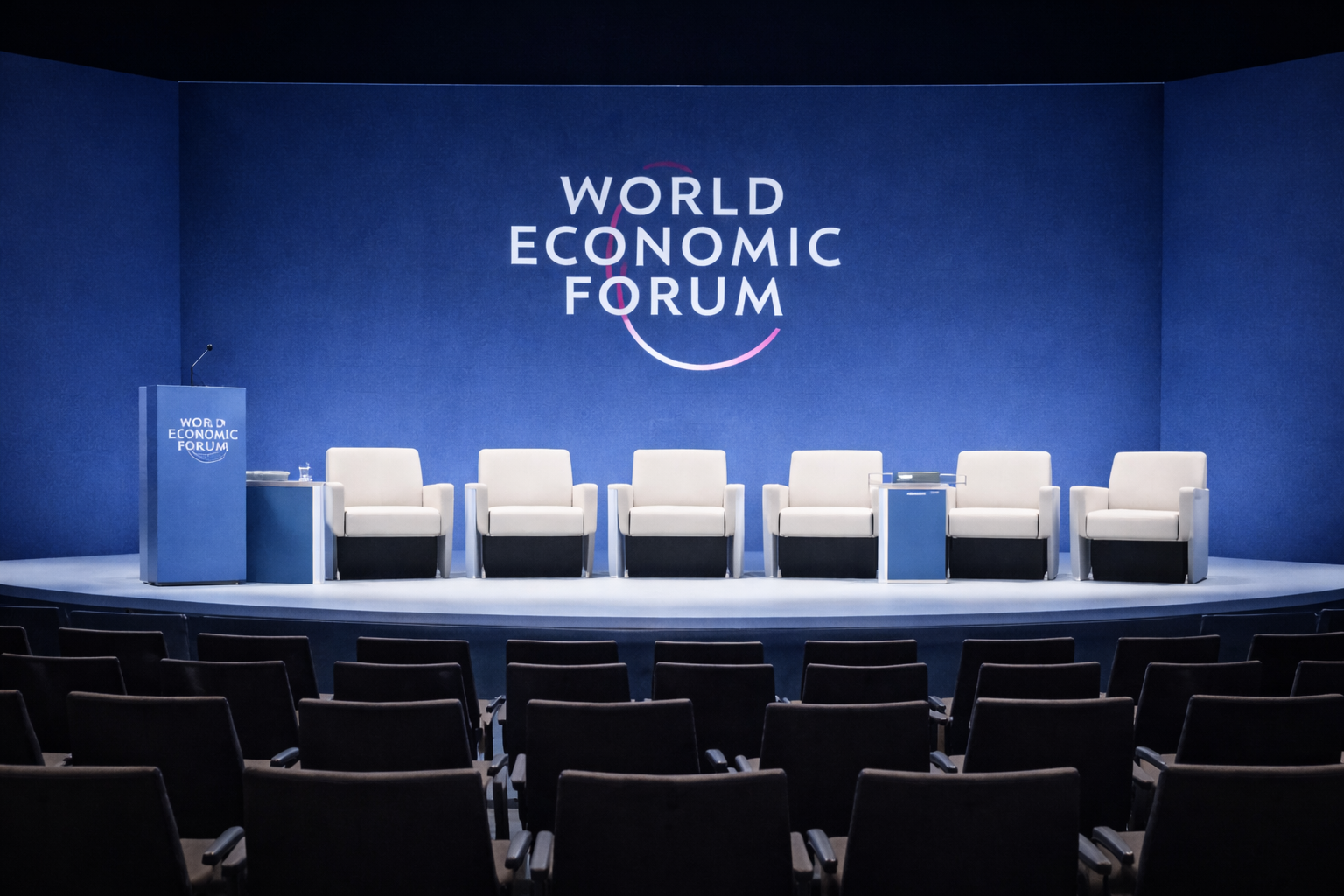Sovereignty means freedom of choice – and that can only be achieved through strong, competitive players
Digital sovereignty has become the standard buzzword in the IT industry. Anyone who believes it can be achieved by favoring weak European providers is missing the point. Sovereignty means freedom of choice – and freedom of choice only exists when European solutions can compete with American and Asian alternatives. Anything else is self-deception. Protectionism does not create strength; it cements dependence.
Sovereignty means freedom of choice
Sovereignty is the ability to choose freely between equivalent solutions. A state remains sovereign only if it is capable of acting in foreign policy; a company only if it has serious alternatives in terms of raw materials, machinery, software, or cloud services. In the digital world, this means that without competitive European players, “digital sovereignty” is just a label – without substance.
Take the cloud, for example: In Europe, AWS, Microsoft, and Google together hold around 70% of the market share; European providers have remained at ~15% for years. This is not a viable alternative, but rather a stabilization of dependence at a lower level. GAIA-X was presented as a lever for sovereignty – but in terms of governance/standards for federated data spaces, it is not a hyperscaler product. Anyone looking for a “European cloud” there was looking in the wrong place. (Source)
Why sovereignty cannot be imposed
Sovereignty cannot be decreed: it arises from competition and attractiveness – or not at all. Regulation (data protection, ESG, supply chains) has legitimate goals, but it does not create demand for inferior products. It increases costs, slows things down, prevents scaling – and ultimately drives users to stronger alternatives.
The case study of Northvolt: The European battery pioneer stood for independence from Asia – and ended up filing for bankruptcy after massive delays, cost increases, and quality problems. Production was halted in Sweden; in Germany, politicians are sticking to the Heide site, but the structure remains fragile. At the same time, it became known that the federal government and KfW are liable for ~€600 million – a price tag that reveals the limits of political industrial policy. The message: Money is no substitute for scalability. (Source)
Germany’s misguided approach: Preference instead of competition
“Buy European!” sounds like sovereignty, but at its core it is a preferential treatment program. Prescribing inferior European products destroys freedom of choice – and thus sovereignty. Instead of building alternatives, we are cementing our dependence on weak suppliers and punishing those who deliver globally competitive solutions. This does not create an ecosystem that attracts talent, capital, and customers, but rather a fantasy world in which political seals of approval are supposed to cover up technical deficits.
What real sovereignty needs
Strong players instead of small providers: Sovereignty comes from scale, not from hand-knitted special solutions. If you want to have a say in global infrastructures – cloud, chips, AI, security – you need European companies that play in the big leagues.
You need market dynamics instead of subsidies. Competition builds champions – commissions build papers. Subsidies can provide incentives, but they cannot replace product/customer advantages. Without a clear product-market fit, any subsidy will be a flash in the pan.
Entrepreneurial radicalism: Europe celebrates unicorns on a selective basis – what is missing are innovation machines that acquire, integrate, and scale hundreds of startups every year. Disruption does not happen in the advisory board, but in the factory hall, in the data center – and in the sales process.
Capital and exits: Sovereignty requires European long-term capital and functioning exit markets. As long as pension funds/insurers predominantly finance US tech, Europe will remain a supplier – not a trendsetter.
The case study of semiconductors: With ASML, Europe has a crown jewel without whose EUV lithography there would be no modern 7/5/3nm chips. Instead of making this strength the nucleus of a focused industrial policy, Europe is fraying its support programs. With TSMC, Taiwan is demonstrating how focus and cluster logic lead to global market leadership. (Source)
The wrong approach: Small providers tamed by regulation
Manual labor is not sovereignty: Those who pit local “GDPR-compliant” small-scale cyber solutions against scalable security platforms are buying false sovereignty – at the expense of security and the cost curve.
Global platforms dominate across the board, continuously mapping new threats, rolling out updates worldwide, and realizing network effects. National special paths make you feel good – but rarely provide better security, speed, or TCO.
The right way: Less regulation, more market
Competition over preference: Data protection and ESG need balance, otherwise they prevent scaling. Rules set guidelines – not product strategies.
Affordable energy – now. For industry/cloud, the kWh reality counts: In the US, the industrial electricity price is around 8–9 ¢/kWh (June 2025), in Germany for small/medium-sized industrial companies around 18 ct/kWh (2025). With this gap, you can’t build data centers, chip factories – or sovereignty. (Source)
A clear Western position: sovereignty also means sovereignty over the values of democracy, the rule of law, and performance. This applies to everyone who wants to live – and work – here.
Performance principle instead of protectionism: Market shares are earned, not allocated. Those who deliver real benefits to customers win – whether they are US, European, or Asian. This is the only way to create real alternatives – and thus freedom of choice.
Practical thinking: How we make confident decisions with customers
Transparency instead of dogma: We present customers with all viable options – US, European, and Asian solutions. The decision criteria are function, security, TCO, migration risks, and exit clauses. Anyone who artificially favors European providers here damages their chances in the long term: They do not learn from the toughest benchmark, global competition.
Actively reducing vendor lock-in: Multi-cloud designs, open interfaces, reversible data architectures, and clear contract exit rules are the realpolitik of sovereignty. Even US hyperscalers are moving under regulatory pressure: In Europe, for example, Google has eliminated data transfer fees for multi-cloud customers – a sign that competition is working. Sovereignty grows where interchangeability is real. (Source)
Data rooms and interoperability: GAIAX remains useful as a set of rules for federated data rooms, identities, catalogs, and compliance. Those who misunderstand it as a “cloud replacement” miss the benefits – and produce disappointment. Standards are means, not products. (Source)
Conclusion: Sovereignty comes from strength, not protection.
Digital sovereignty is not a regulation or a protectionist project. It is the ability to choose between strong, equivalent solutions. The hype surrounding “digital sovereignty” is therefore not a new market signal for German and European IT service providers.
We will only become sovereign if we disclose all options to our customers – US, Asian, European solutions – and let competition decide. Those who artificially favor weak European providers instead, distort the market and accelerate our decline.
Not protection, but strength.
Not preference, but competition.
Not symbolic politics, but scaling.
If Europe does not scale up its digital champions in the next five years, “digital sovereignty” will remain a political buzzword – while others have long since established themselves as a force to be reckoned with.



